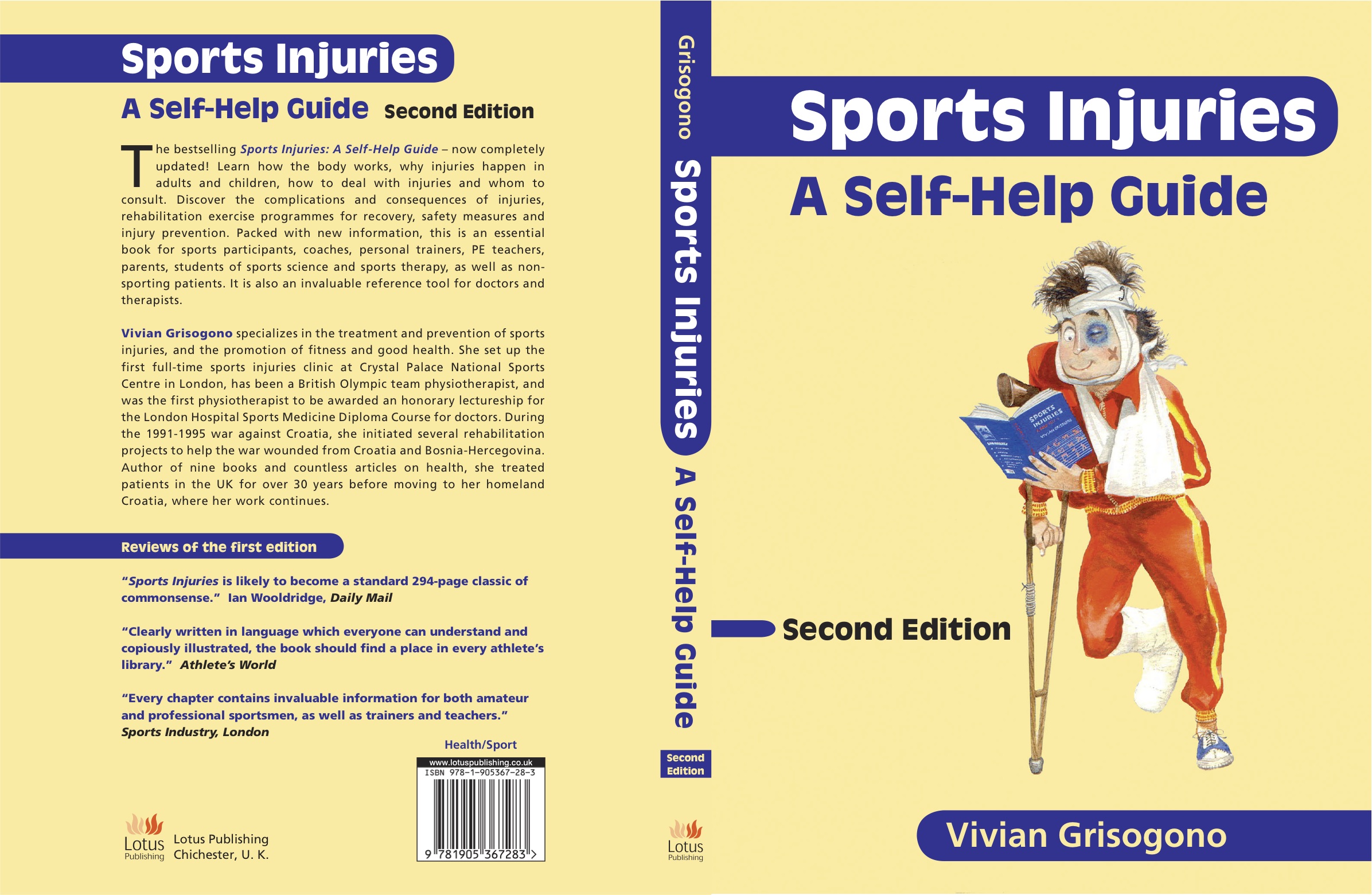The week before the referendum on joining the EU was held on 22nd January 2012, a British newspaper expressed bemusement: “Croatia wants to join the EU, do they know something we don’t?"

Vociferous lobbying for the yes vote
Croatia’s official enthusiasm for becoming the 28th member state was promoted with determined campaigning. ‘Croatia belongs in Europe’ was the cry. One argument was Croatia’s cultural heritage, which has been strongly linked to Europe throughout Croatia’s history. Another was religion: ‘Catholic Croatia belongs in Christian Europe’ said the clerics. Shortly before the referendum, a 12-page coloured pamphlet was delivered to every household, promising to tell you everything you wanted to know about the EU. It offered plenty of carrots, sadly none of them organic. No need for sticks, as the pamphlet presupposed that voters would say ‘yes’.
Opposition to joining was not given much airing in the media. Many people had strong feelings against the move. The main reasons were the present parlous state of EU economics; the EU’s unhelpful reaction when Slovenia and Croatia were attacked by the Yugoslav National Army in 1991; the many stringent conditions for the EU application, especially the insistence on putting the Croatian generals who had saved the country on trial in the Hague; and the length of time it has taken for Croatia to come to the threshold of membership. Public expression of opposition was limited. There were small demonstrations before the referendum. An anti-EU group was formed afterwards, dedicated to overturning the ballot, although there seem to be no legal grounds for doing so.

Referendum: low turnout
The turnout for the referendum itself was low, 43.61% of the electorate in Croatia, and just 3.45% in the diaspora. There was a general feeling that in the face of such determined propaganda, the result was a foregone conclusion, despite the strong level of individual opposition. The older generation shared their reminiscences of the first elections in then Yugoslavia following the second world war. Each voter had a little ball, which had to be put into a box. One box was ‘Yes for Tito’, the other ‘No’. One anecdote, from a man who was present as a teller, recounts how an old lady on the island of Krk put her voting ball into the ‘no’ box, where it made a loud clang, given that the box was empty. The election supervisor opened the box, returned the ball and told the lady firmly that she had made a mistake and must put her ball in the right box. There was, naturally, a high turnout and a landslide victory for Tito.
It was probably resignation rather than apathy, and certainly not fear, which dominated the EU referendum. Unsurprisingly, as there was talk of a second referendum in six months’ time in the case of a ‘no’ vote, with no such second chance if the result was pro-EU. The ‘yes’ vote was 66% to 33% against, with 0.6% of the ballot papers invalid. One young man admitted his ‘yes’ vote was cast because ‘he never wanted to have to wear two pairs of trousers through customs again’, an experience he had when trying to avoid paying duty on his modest purchases from Italy during then-Yugoslavia’s socialist years.

As regards corruption, is it worse in Croatia than anywhere else? I think not. I have experienced it in the UK, where a project I was involved in stalled irrevocably once officials realised they were not going to get their handout-aka-bribe. In Croatia, I have often been in situations where offering a bribe might seem the solution to impenetrable bureaucracy, but have never had to. Once, for a major project that was suffering interminable delays, I asked our lawyer if we should offer key officials a payoff. He was appalled, and replied that the bad habits of corruption had to be eradicated, not promoted. Happily, he was right, we worked within the framework of the law, and all ended well.



